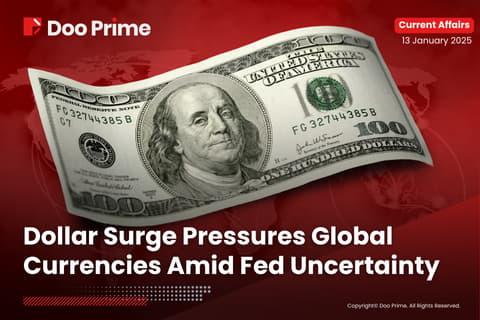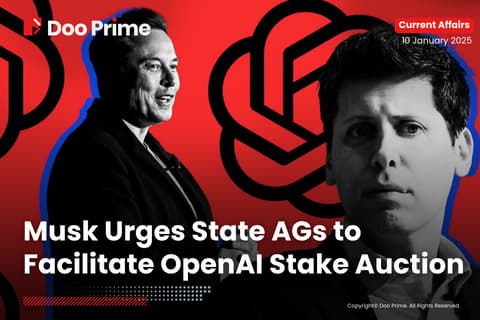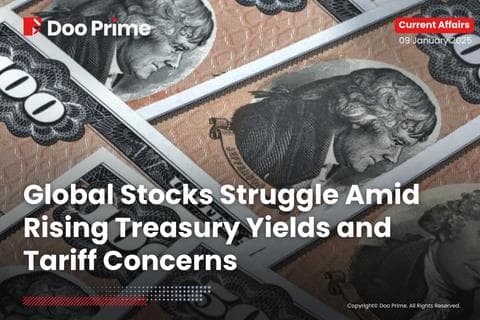WORLDWIDE: HEADLINES
Markets Brace For Heavy Falls As Russia-Ukraine Crisis Escalates
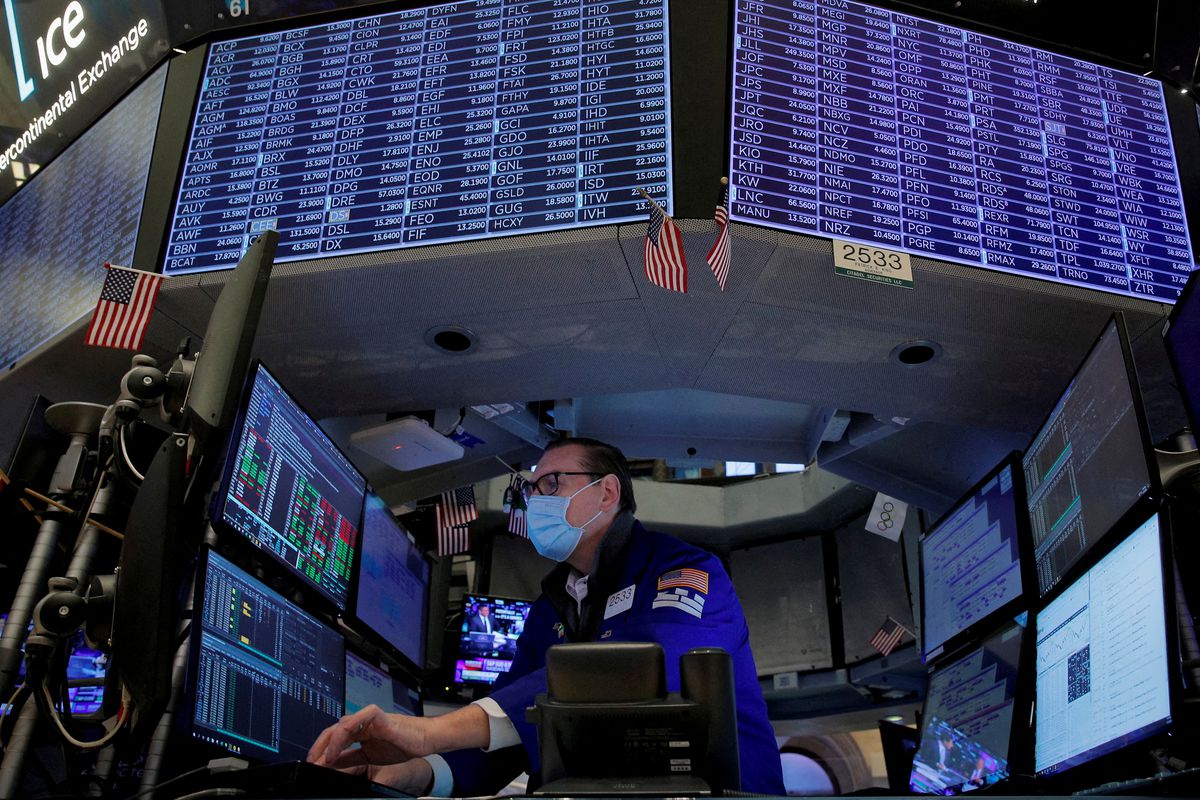
Investors were bracing for a torrid day for Russian, Ukrainian, and wider global markets when they reopen on Tuesday, after Vladimir Putin upped the ante in a crisis the West fears could unleash a major war.
In a lengthy televised address, the Russian president recognised two breakaway regions Donetsk and Luhansk in eastern Ukraine as independent entities and described Ukraine as an integral part of Russia’s history.
Tensions have already rattled global markets this year and wiped tens of billions of dollars off the value of Russian and Ukraine assets, but Monday’s escalation is expected to cause much worse.
“It is probably an understatement to say that it will be an ugly day (on the markets) tomorrow,” said Viktor Szabo, an emerging market portfolio manager at abrdn in London.
“I was hoping we weren’t going to get here, but this is a significant step.”
Russian markets were still open when Putin announced his decision live on television following phone calls to the leaders of Germany and France.
The rouble losses reached 3.3%, while Moscow’s stock markets plunged to their lowest level in over a year as the dollar-denominated RTS index (.IRTS) finished the day 13.2% lower and the rouble-based MOEX Russian index (.IMOEX) lost 10.5%.
Analysts at Commonwealth Bank of Australia warned traders ahead of the start of Tuesday’s Asian open that Putin’s decision to recognise the separatist-held areas of Ukraine would clearly exacerbate already high tensions
“Financial market participants now wait for a response from the United States and Europe,” they added.
That response is expected to come in the shape of tough new sanctions.
Although other steps might come first, some of the most severe measures would be to cut Russia’s banks off from the SWIFT banking system and order a complete ban on EU, UK and U.S. investment funds holding Russian government bonds.
Full coverage: REUTERS
HSBC Annual Pretax Profit More Than Doubles, Brings Forward Key Target
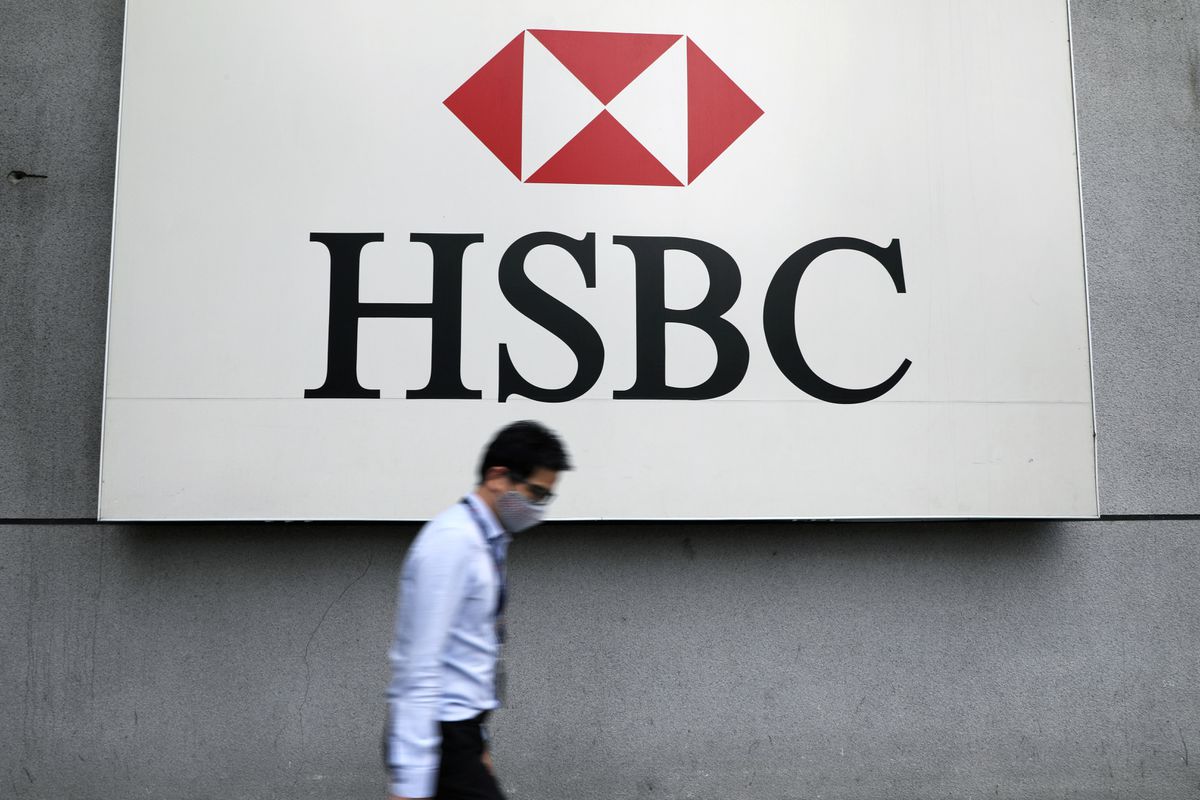
HSBC Holdings (HSBA.L) on Tuesday reported annual pre-tax profit more than doubled as the Asia-focused bank reversed hefty credit charges booked previously, saying it now expects to meet a key profitability goal a year ahead of schedule.
The lender reported pretax profit came in at $18.9 billion last year, up from the previous year’s $8.8 billion but just below the $19.1 billion average of 17 analyst estimates compiled by HSBC itself.
The bank said that if central bank interest rates rise worldwide as expected, the resulting improvement in its lending margins would mean it hits its goal of a double-digit return on equity in 2023, a year earlier than expected.
Like global peers, HSBC, one of Europe’s largest banks, is taking advantage of lower-than-expected impairment charges as its borrowers reap the benefit of government support packages in markets hit by the coronavirus pandemic, while a recovery in economies is also supporting firms.
“We have good momentum coming into 2022 and are confident that we can continue to execute against our strategy,” Group Chief Executive Noel Quinn said in the results statement.
Quinn, who has run the bank on a permanent basis for the past two years, has doubled down on Asia and is investing billions of dollars in the lucrative wealth management business.
HSBC said it released $900 million in cash it had put aside in case pandemic-related bad loans spiked, as opposed to the same time a year earlier when it took a charge of $8.8 billion against expected losses.
The lender’s performance was marred in the fourth quarter by a $500 million charge for expected credit losses, due in part to the downturn in China’s troubled commercial real estate sector.
HSBC said it would buy back up to $1 billion of its own shares, after the conclusion of an existing $2 billion buyback programme.
Full coverage: REUTERS
WORLDWIDE: FINANCE/BUSINESS
Stocks Slide, Oil Jumps As Russia Orders Troops To Ukraine Regions
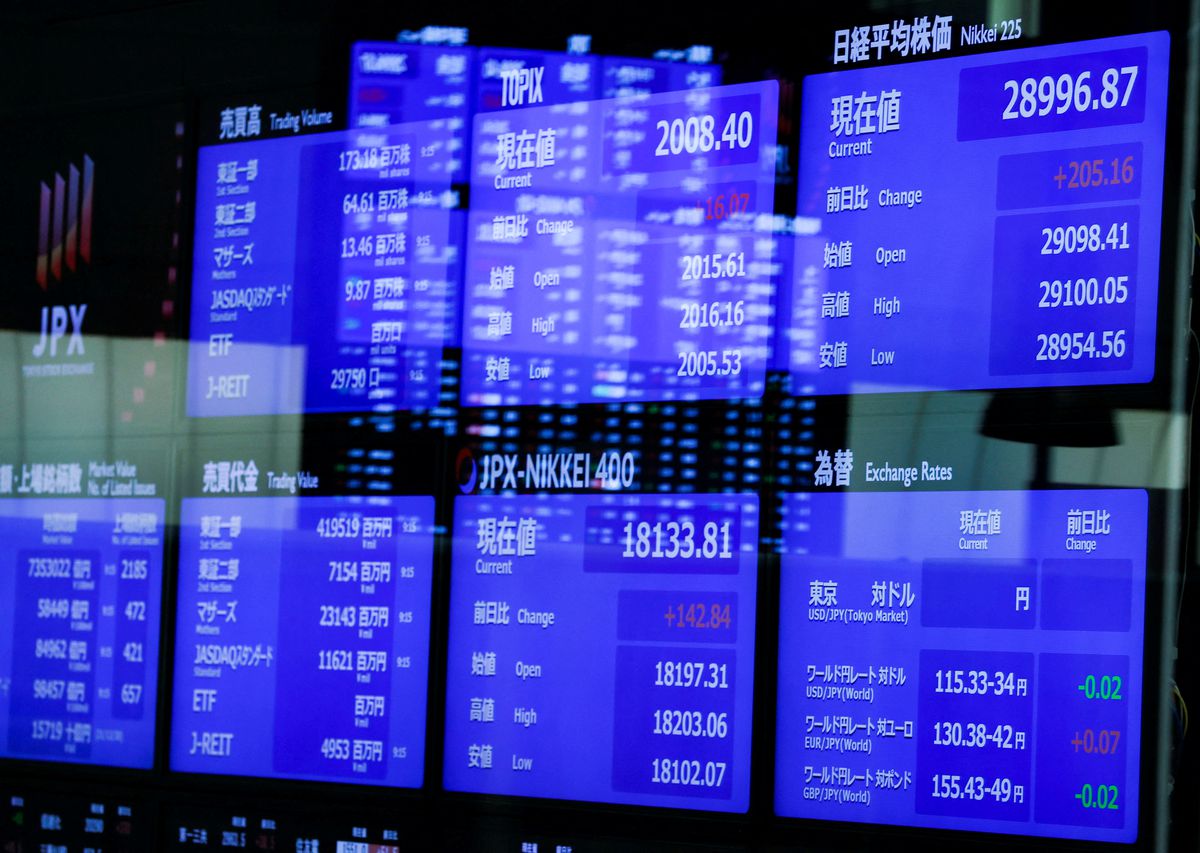
Global stocks tumbled while safe-havens rallied and oil surged on Tuesday as Europe’s eastern flank stood on the brink of war after Russian President Vladimir Putin ordered troops into breakaway regions of eastern Ukraine.
MSCI’s broadest index of Asia Pacific shares outside Japan (.MIAPJ0000PUS) skidded 1.44%, dragged down by markets in Hong Kong and mainland China. Japan’s Nikkei (.N225) shed 2%.
S&P 500 futures fell 1.5%, Nasdaq futures lost 2.2%, and the Russian rouble briefly touched an 18-month low in early Asia trade on Tuesday, after Russia’s MOEX equity index (.IMOEX) had fallen 10.5% the day before.
In contrast, Brent crude futures rose 2% to $97.21, touching a new seven-year high on worries Russia’s energy exports could get disrupted, and spot gold hit a new six-month top of $1,911.56.
Putin on Monday recognised two breakaway regions in eastern Ukraine as independent and ordered the Russian army to launch what Moscow called a peacekeeping operation into the area, upping the ante in a crisis that could unleash a major war.
A Reuters witness saw columns of military vehicles including tanks early Tuesday on the outskirts of Donetsk, the capital of one of two breakaway regions, and Putin signed treaties with leaders of the two breakaway regions giving Russia the right to build military bases.
Washington and European capitals condemned the move, vowing new sanctions. Ukraine’s foreign minister said he had been assured of a “resolute and united” response from the European Union.
However, a Biden administration official said Russia’s move did not as yet constitute a “further invasion” that would trigger a broader sanctions package, as it was not a departure from what Russia had done already.
Following Russia’s latest move “we are much closer to military intervention, which of course is going to drive a lot of the risk off sentiment in the markets,” said Carlos Casanova, senior Asia economist at UBP, adding the short term volatility in markets caused by both geopolitical factors and the U.S. Federal Reserve was ‘relentless’.
Full coverage: REUTERS
Rouble Sinks, Stocks Plunge As Russia Recognises Ukraine Breakaway Regions

The rouble tanked on Monday, slipping past 80 against the dollar, while stocks plunged to their lowest in over a year as Russian President Vladimir Putin called for the immediate recognition of two breakaway regions in eastern Ukraine.
Putin signed a decree recognising the breakaway regions in eastern Ukraine as independent entities, upping the ante in a regional crisis the West fears could erupt into war.
The rouble fell to as low as 80.0650 against the dollar during Putin’s lengthy televised address to the Russian nation but pared some losses as Putin announced his decision, which he said would find support among Russian people.
The sharp drop in the rouble from levels around 70 to the greenback seen just four months ago is expected to fuel already high inflation, one of the main concerns among Russians, which would dent the country’s already falling living standards.
By 1956 GMT, the rouble fell 2.7% to 79.37 against the dollar. It had been as strong as 76.1450 earlier in the session.
Against the euro, the rouble had lost 2.6% to 89.79 after hitting 90.7850, a level last seen in April 2021.
No Russian assets were left unscathed, with stocks cascading to their lowest since early November 2020 and bond yields, which move inversely to prices, soaring to their highest since January 2016.
The dollar-denominated RTS index (.IRTS) finished the day 13.2% lower at 1,207.5 points and the rouble-based MOEX Russian index (.IMOEX) lost 10.5% to 3,036.9 points.
Yields on Russia’s 10-year benchmark OFZ bonds hit a high of 10.64%. The cost of insuring Russia sovereign debt against default also surged to its highest since early 2016 and both Moscow and Kyiv’s sovereign dollar bonds tumbled.
Full coverage: REUTERS
Oil Climbs On Growing Fears Of Conflict Over Ukraine
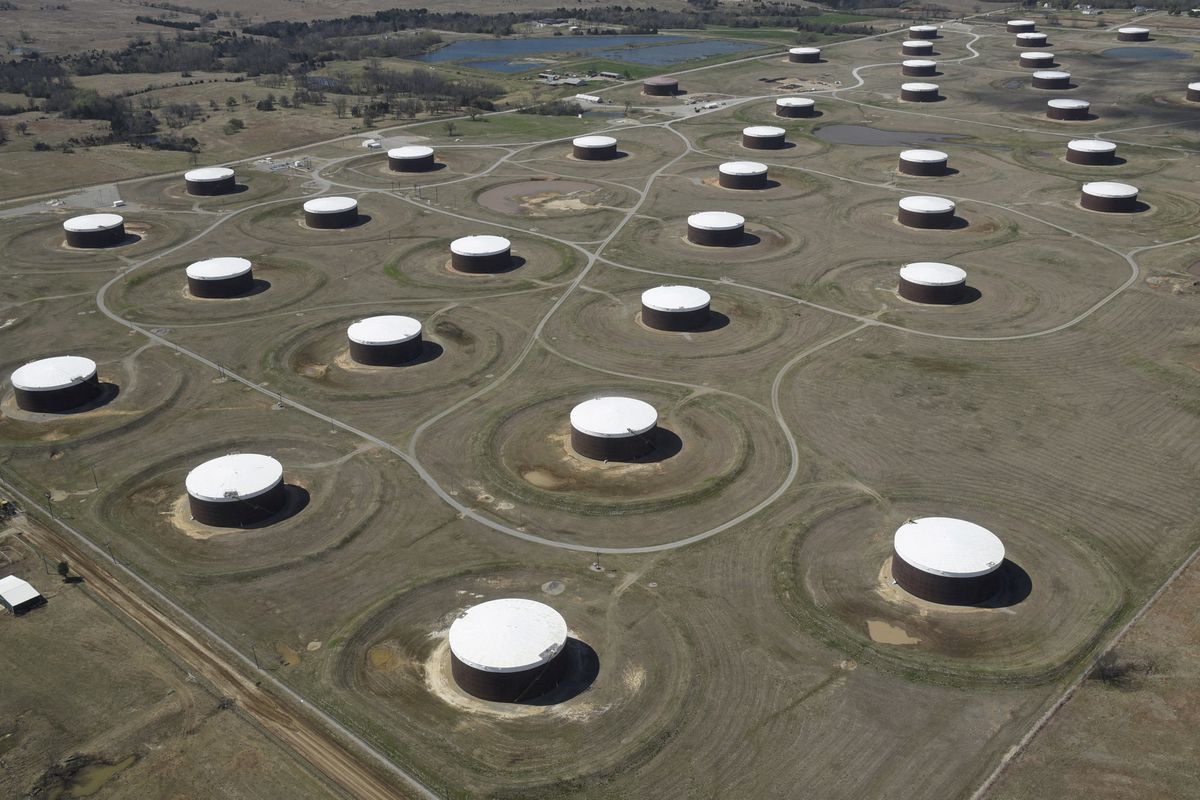
Oil prices jumped more than $2 to a fresh seven-year high on Tuesday after Moscow ordered troops into two breakaway regions in eastern Ukraine, escalating a crisis that western leaders have warned could spark a war.
U.S. and European officials condemned the moves, but a Biden administration official said Russia’s military action did not as yet constitute an invasion that would trigger a broader sanctions package.
Brent crude futures rose $2.10, or 2.2%, to $97.49 a barrel at 0132 GMT, adding to a 2% gain on Monday. Earlier on Tuesday it hit $97.66, its highest since Sept. 2014.
U.S. West Texas Intermediate (WTI) crude futures jumped $3.25, or 3.6%, to $94.32 a barrel versus Friday’s settlement. The U.S. market was closed on Monday for a public holiday.
Responding to the Russian troop movements after Moscow recognised two breakaway regions as independent, Ukrainian President Volodymir Zelensky accused Russia of violating Ukraine’s sovereign territory, in an address to the nation early on Tuesday.
He said his country wanted a diplomatic solution to the crisis but was ready to dig in for the long haul.
Analysts say the big question hanging over the oil market is whether Russian energy exports would actually be disrupted if Moscow went ahead with a fullscale invasion of Ukraine and western governments imposed sanctions against Russian financial institutions.
“There’s a lot of uncertainty,” Westpac senior economist Justin Smirk said. “Will Russia be willing to supply on credit?”
Full coverage: REUTERS

